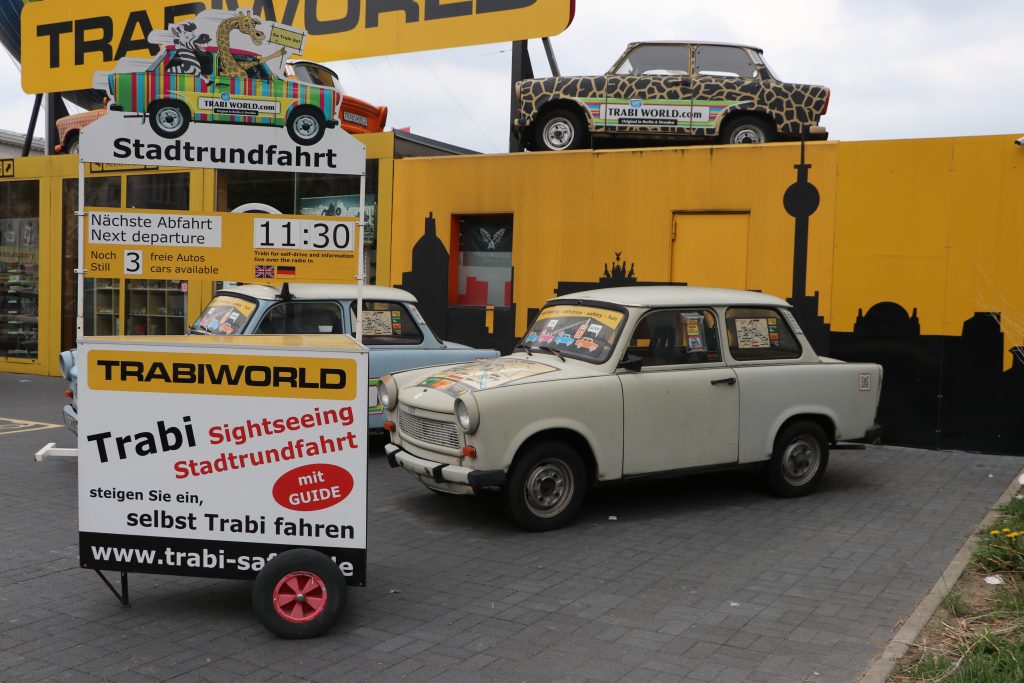Car Hire Abroad
Hiring a car abroad should be an easy process. However, with all the different insurances, and conditions of hire, not to mention the different prices in the market, it can make it a minefield to know that you are making the right choice.
Planning is important. Arriving at an airport without a car hire booking will mean that you are not getting the best deal plus you are likely to have to wait a long time in the queue as hoards of passengers descend on the car hire desks when they arrive and it won’t just be your flight!
Add to that all the important small print on the terms and conditions which after a long flight and with a sunbed waiting for you I am not so sure you will be in the mood to study.
So as with any trip, it’s best to get it all wrapped up long before your bags are packed – here are my useful travel resources, tips and guidance for all that is hiring a car abroad.

Driving in The EU
On 31 January 2020, the UK left the EU. New rules came into effect from the 01st January 2021 including which documents you need to carry with you when driving in Europe.
Green Card
From 2 August 2021, a Green Card (or International Motor Insurance Card) is no longer required for travel in the European Economic Area. Check here for a list of these countries
International Driving Permit (IDP)
If you have a UK photocard driving licence you don’t need an IDP to drive in the EU, Switzerland, Norway, Iceland or Liechtenstein. There are some anomalies so do check with the country’s foreign embassy here.
You will also need the following:
Certificate of Motor Insurance.
The logbook (V5C) for the vehicle.
Driving licence.
GB sticker
Car Hire Excess Insurance
Nearly all car hire firms these days expect you to pay the first part of any accident or claim unless you have signed up for their “upgraded” insurance package. Sometimes it may be better for you to arrange your car hire excess reimbursement insurance.
Insurance Extras
There are a whole heap of extra insurance policies that you may be asked to purchase. Often these are disguised with abbreviated code so here is a list to ensure you know exactly what you are being offered!
ALI – Additional Liability Insurance
LIS – Liability Insurance Supplement CDW – Collision Damage Waiver
LDW – Loss Damage Waiver
PAI – Personal Accident Insurance
PEP – Personal Effects Protection
PEC – Personal Effects Coverage
PERSPRO/CCP – Carefree Personal Protection
SCDW – Super Collision Damage Waiver
STP – Super Theft Protection
TP – Theft Protection
THW – Theft Waiver
UMP – Uninsured Motorist Protection
Fuel
Depending on the car hire rental company you may get a couple of options regarding your fuel agreement:
Supplied full and then you need to ensure it is returned full –this involves finding a service station close to your drop-off point. If you don’t leave it full then expect a high surcharge.
Supplied full and returned empty – this involves paying upfront for a full tank and returning the car with something less than a full tank.
Driving License Papers
There is no longer a paper license counterpart as driving licence records are now all held online. However, some hire companies may need evidence of your driving record. It is advisable to print oo your driving licence record and also obtain a 3-week valid code from the DVLA’s ‘share driving licence’ service.
Checklist
Damage – ensure any damage is noted on the rental agreement.
Pictures – take a photo of the car during the collection. It may help with disputes thereafter
Controls – check all switches and controls work. Checking how the lights turn on and how the fuel cap opens have always been my issues so ask.
Fuel – keep fuel receipts in case of problems and maybe take a photo of the fuel gauge when handing the car back.
Additional insurance – if you can afford it always choose comprehensive damage cover without an excess. Some policies don’t cover damage to tyres, rims, the underbody, or stone chips.
Theft insurance – Check to see if it is included in the comprehensive insurance.
Tolls – keep toll receipts in case of a dispute later.
Mileage limits – if you have a limit then is it adequate?
Credit card and documents – you will always need a credit card to collect a car and may also need an ID card, passport, or IDP.
Age restrictions – check the minimum and maximum age limits in a country.
Breakdowns and accidents – ask what the procedure is should you break down. What number do you call and do you have your mobile?
Rules of the road – check the local rules in the country you are driving. For example, you may need a warning triangle or reflective jackets in the car.
Hidden Costs
Other costs that may need to be considered include:
Additional or young driver charges
VAT
Cleaning charges
Additional road-use charges (other than tolls)
Charges for crossing an international border
Servicing and refuelling charges
Extras such as child seats or satellite navigation
Airport Extras
If you need airport parking or indeed any airport extras make sure to check my recommendations.







